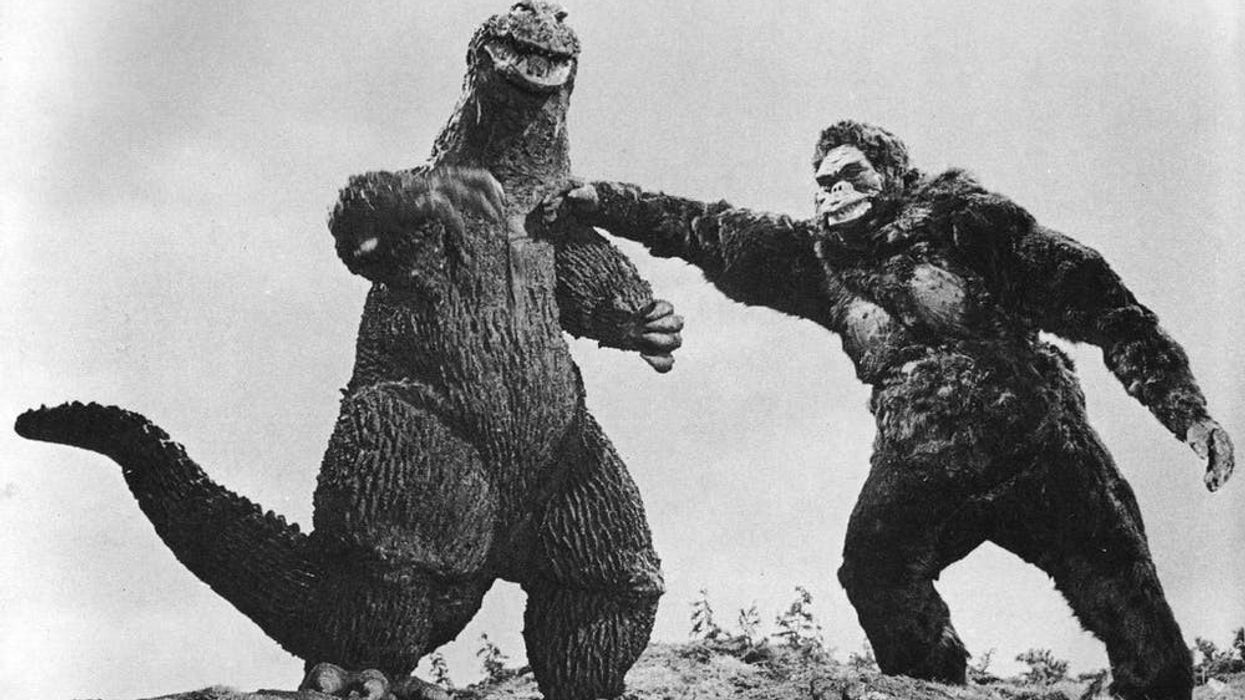Having known Monica for a while and collaborated on various projects in the past, we were able to hit the ground running pretty seamlessly. This was my first experience co-scoring a project, and it turned out to be incredibly smooth. Our musical palette focused heavily on soft and airy strings, a sound that evokes a feeling of being lost, floating between realities.
 'Searching for Amani'
'Searching for Amani'
This felt perfectly suited for a score exploring both sides of the conflict in Kenya and portraying Simon’s journey for answers of what happened to his father. These strings became the cohesive element of our score.
My writing initially began with the opening titles. Nicole, Debra, and the editors did an outstanding job visually capturing the project’s tone in that sequence, and I aimed to match that musically. Simon’s and his family’s journey inspired a sense of strength and unity in the face of human suffering and grief. In the opening, I tried to capture this with a hopeful composition featuring a sparse and lonely arrangement, one I knew I’d reference throughout the score. I tend to think emotionally when choosing instruments, and the airy, bending flute conveyed the grief I aimed to express, almost like a call to our loved ones who are no longer with us.
For the rest of the instruments, I incorporated percussion elements from my studio, like loose shakers and light drum tapping, to add an intimate and fragile dimension to the music. The other side of the score was writing the music exploring the conflict as well as the effects of climate change, both of which were closely tied together.
 David Naroth
David Naroth
For these moments I wanted to amplify the tense feelings of despair and fight for survival. I explored a ton of different sounds, synths, but ultimately landed back on the airy strings, this time with a lot more dissonance to them. Nicole Gormley, one of the directors, had the brilliant idea to incorporate pastoralists' whistles during the more intense conflict scenes.
Some of my favorite scenes to score were those depicting Simon’s time with Haron's family, pastoralists deeply affected by climate change and resource scarcity. This film excels at showing the human perspective from both sides of the conflict. The biggest challenge was finding the right balance to enhance the emotion without leading it. This is a significant responsibility for a composer working on a documentary about real people experiencing real struggles. It’s crucial to ensure the musical emotions are genuine and appropriately toned.
The most memorable moment for me was connecting with the crew during the premiere at Tribeca. Having mostly seen everyone over Zoom while working on the project, finally meeting in person was a special experience. Everyone poured their hearts into this project, creating something truly beautiful.
We were all thrilled to see it released into the world, and it was wonderful to share that experience together. Meeting Simon, Haron, and his mother at the premiere was also an incredible experience. Overall, I feel deeply grateful to have contributed to such a passion-driven and inspiring documentary.
This project is something I’m proud of and will look back on fondly.


 'Searching for Amani'
'Searching for Amani' David Naroth
David Naroth









